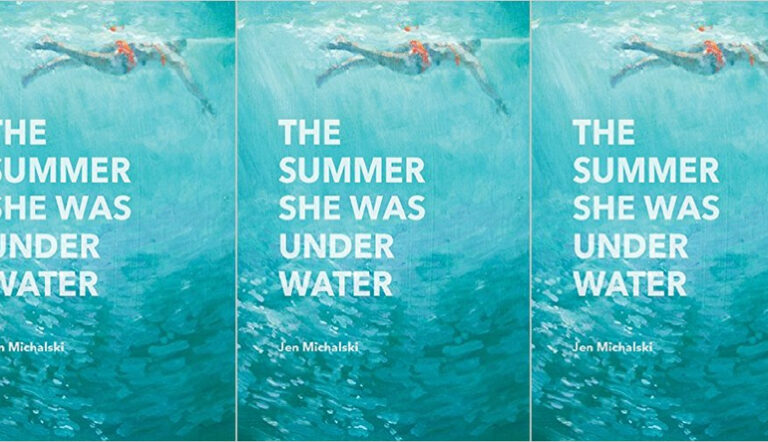Writing Lessons: Sarah Sherman
In our Writing Lessons series, writers and writing students will discuss lessons learned, epiphanies about craft, and the challenges of studying writing. This week, we hear from Sarah Sherman, an MFA candidate at The College of Saint Rose. —Andrew Ladd, Blog Editor
 Before speaking to us, he sat comfortably in the middle of the room with his shoes off and his eyes closed. I imagined him praying to Buddha, asking for a warm and welcoming group of students—which, luckily, we were. The class was Advanced Creative Nonfiction, led by a visiting writer, Sparrow. Some of us had Googled him, read about how he picketed The New Yorker, laughed at his old, hippie appearance. But still we didn’t know quite what to expect.
Before speaking to us, he sat comfortably in the middle of the room with his shoes off and his eyes closed. I imagined him praying to Buddha, asking for a warm and welcoming group of students—which, luckily, we were. The class was Advanced Creative Nonfiction, led by a visiting writer, Sparrow. Some of us had Googled him, read about how he picketed The New Yorker, laughed at his old, hippie appearance. But still we didn’t know quite what to expect.
He began with a speech, which he apologized for giving. He said he was there for us, to transform us into great writers. He told us his theories on writing, one being, “A writer should write a lot.” He said the course would be a place for us to experiment with writing and predicted that most of the experiments would be failures, but insisted that’s what we should be looking for—“lots of failure.” He wanted us to make as many mistakes as possible. His goal was that we’d create forms of writing that had never existed before.
For our first assignment we were given the prompt “names.” He wanted us to find a name we liked, loved, or hated, and write a piece of nonfiction using that name. His only requirement was that we spend twenty minutes on it. He also asked that we read something by Gertrude Stein. He said we could write a long exegesis about it, or write nothing. The decision was ours. His nonchalant approach to the course was refreshing, liberating, but also challenging. It was like no other course I had taken and I had a feeling I’d never take one like it again.
A few days later, I sat down to write and didn’t know where to begin. Eventually, an idea came to me and the resulting essay has become one of my favorite pieces; it even got published.
Sparrow’s classroom became a place to escape to. He gave the room a certain energy—a calming energy. It was like everyone was at peace, content with just being there, listening to him, learning from him, and being a part of his world. From that very first day of class, I knew I was in the presence of a person unlike anyone else. I didn’t know what he would teach me about writing, but I didn’t really care. I trusted him, his approach, and I trusted that something good would come from the experience.
I was right. I learned a lot from Sparrow—probably more about life than writing. No, he didn’t give a lesson on the proper use of a semicolon, but he did teach me to always look for beauty, especially in ugly and unremarkable things. He also taught me that sometimes the best stories come from unexpected places. These are the things I’ll remember about Sparrow. I’ll also always remember his hard, loud, three-beat, ha-ha-ha laugh, and his very simple advice: “If you want to be a writer, write.”
To submit your own essay to Writing Lessons, read our guidelines here.


